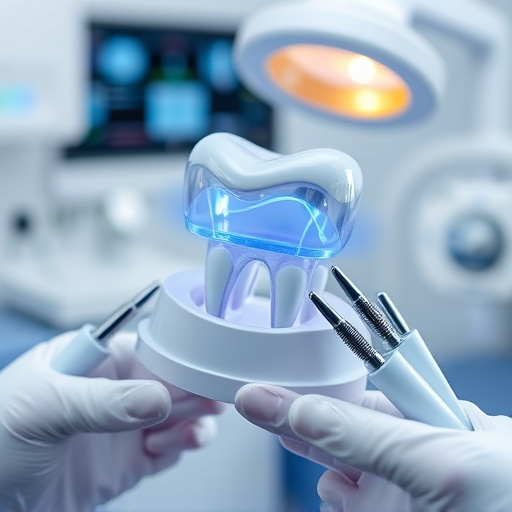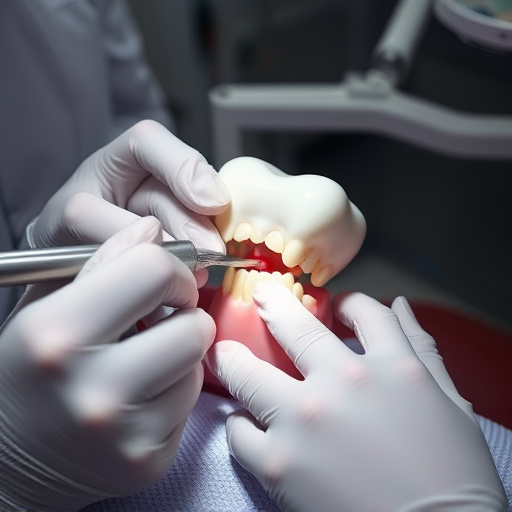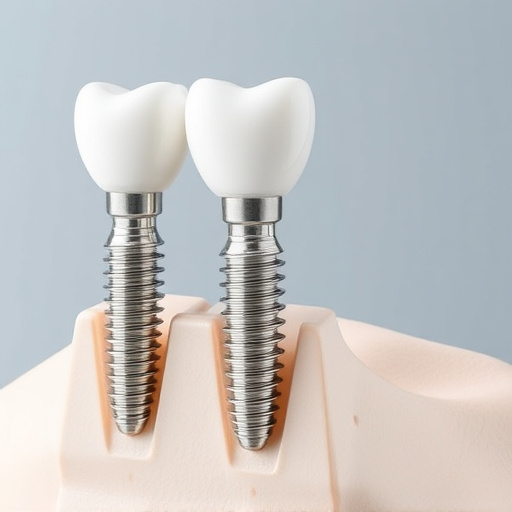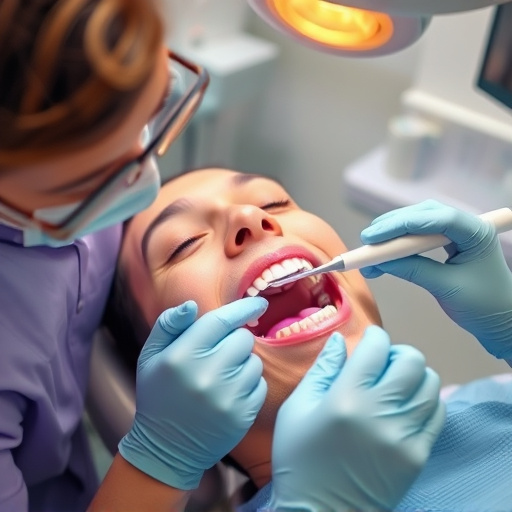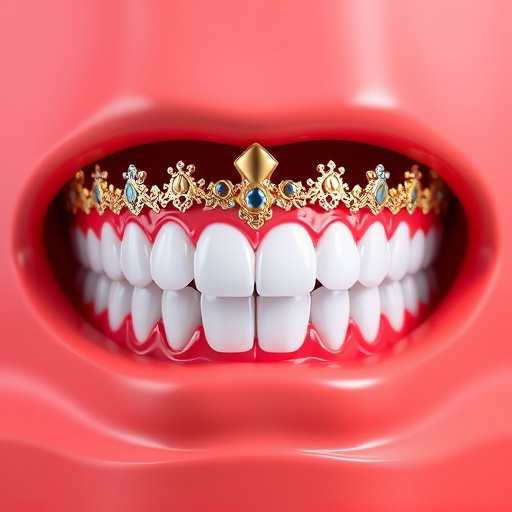Snoring is a complex health issue with various causes, impacting overall well-being. Effective snoring treatment options range from non-invasive lifestyle changes and devices to surgical procedures for structural issues. Non-invasive treatments like dental cleanings and CPAP machines are often explored first, followed by surgeries if other methods fail. Choosing the right snoring treatment requires personalized guidance from sleep specialists to address specific causes and improve quality of life.
Snoring affects millions, yet it’s often dismissed as a mere nuisance. However, persistent snoring can lead to serious health issues, impacting quality of life. This comprehensive guide explores various snoring treatment options available with expert guidance. From understanding the causes and effects to non-invasive treatments like lifestyle changes and devices, and even surgical interventions – we cover it all. Discover how to reclaim peaceful sleep and improve your overall well-being with the right approach for you.
- Understanding Snoring Causes and Effects
- Exploring Non-Invasive Treatments: Lifestyle Changes and Devices
- Surgical Options: When Is It Necessary?
Understanding Snoring Causes and Effects

Snoring is a complex condition with various contributing factors. It occurs when the airway becomes blocked or narrowed during sleep, leading to vibrations in the soft tissues of the throat and producing the characteristic sound. These obstructions can result from a variety of causes, including structural abnormalities in the upper respiratory tract, excess soft tissue in the back of the throat, and relaxed muscle tone during slumber. While snoring may seem like a minor inconvenience, it can have significant impacts on overall health and quality of life. Prolonged snoring has been linked to sleep apnea, a serious sleep disorder that can lead to daytime fatigue, increased risk of heart disease, and cognitive impairment.
Recognizing the underlying causes of snoring is crucial in determining the most effective snoring treatment options. For instance, wisdom tooth removal may be recommended if impacted teeth are contributing to airway restriction. Children’s dentistry plays a vital role in addressing snoring in younger individuals, often involving techniques like tonsillectomy or adenoids removal. Moreover, simple interventions such as dental cleanings and mouthguards can help alleviate snoring by reducing inflammation and supporting proper airflow during sleep. Understanding these causes and effects empowers individuals to seek appropriate guidance from sleep specialists, who can tailor personalized snoring treatment options for optimal results.
Exploring Non-Invasive Treatments: Lifestyle Changes and Devices

Many people suffering from snoring explore a range of non-invasive treatments before considering more aggressive interventions. A key aspect is adopting lifestyle changes that can significantly reduce snoring frequency and intensity. This includes maintaining a healthy weight through regular exercise and a balanced diet, as excess weight often contributes to snoring. Avoiding certain substances like alcohol, sedatives, and smoking can also help relax the muscles in the throat, reducing the chances of snoring.
Additionally, there are various devices available that offer effective snoring treatment options. These include continuous positive airway pressure (CPAP) machines, which gently blow air into the nose to keep the airways open during sleep. Dental devices like mandibular advancements can be custom-fitted to move the lower jaw forward, preventing the throat from collapsing. For some, simple solutions such as changing sleeping positions or using specific pillows might suffice. Even dental procedures like wisdom tooth removal or regular dental cleanings have been known to alleviate snoring caused by oral issues. Clear aligners, similar in concept to braces, can also be an option for those with misaligned jaws or teeth that contribute to snoring.
Surgical Options: When Is It Necessary?
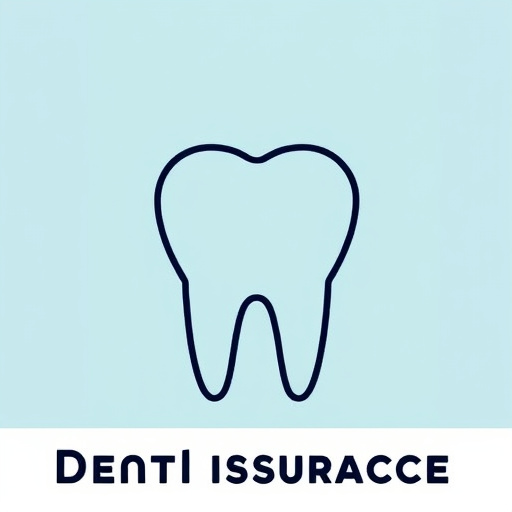
Surgical intervention is often considered a last resort for severe snoring, but it can be an effective solution when non-invasive methods fail. Snoring surgery typically targets specific structural issues in the upper respiratory tract that contribute to obstructed airflow during sleep. One common procedure involves adjusting or repositioning the soft palate and uvula, which are primary sites of snoring obstruction. This can be achieved through techniques such as radiofrequency ablation, where heat is used to tighten and strengthen these tissues, or more invasive approaches like palatine tonsillectomy, which removes the tonsils altogether if they are significantly enlarged.
In some cases, dental interventions like tooth extractions or fitting custom-made oral appliances (similar to dental fillings) can also alleviate snoring. Family dentistry professionals often recommend these options when snoring is caused by poor bite alignment or a misaligned jaw. Such surgical procedures should be carefully considered and discussed with an expert, as they carry risks and potential side effects. Proper guidance from a qualified healthcare provider ensures that patients make informed decisions about their snoring treatment options.
Snoring can significantly impact quality of life, but with expert guidance, effective snoring treatment options are available. By understanding the causes and effects, exploring non-invasive treatments like lifestyle changes and devices, or considering surgical interventions for more severe cases, individuals can find relief and regain peaceful sleep. Remember, addressing snoring is not just about better sleep; it’s about improving overall health and well-being.








